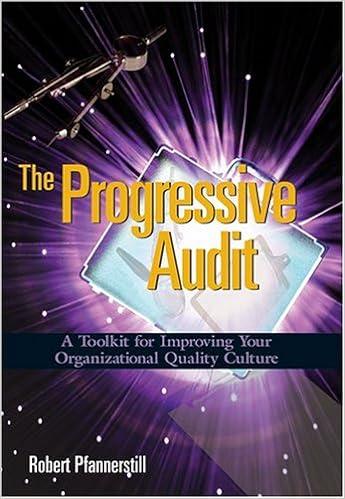D-NRG Ltd is planning to invest in an energy-enhancing drink (ENP7) project that requires equipment with a purchase price of $900,000. The installation cost of $220,000 for the ENP7-producing equipment would be paid by the supplier. The transportation cost for the equipment would be $70,000. The machire will have an economic life of six years and would be depreciated at 9 percent straight line for tax purposes. The salvage value of the equipment is estimated to be $130,000 at the end of the project life. Starting production with this machine requires an additional investment of $230,000 in inventory and $90,000 in accounts receivable. Whereas, there would be additional accounts payable of $145,000. In order to analyse the effectiveness of the ENP7 drink in boosting up energy, the management has spent $69,000 for clinical tests. The tests revealed that the ENP7 drink would have some detrimental effects on the health for prolonged use by some users. Along with artificial caffeine, there are multiple legal stimulants used to produce ENP7 drink but those stimulants can increase blood pressure and cause irregular heart rhythms. Despite the adverse outcomes of the tests, the management has decided to go for production with its plan to sell the product in some less restrictive developing countries using convincing marketing strategies with false claims. Expected sales in the first year would be $950,000. Sales are expected to grow at 21% in each year until the 6th year. Variable costs have been estimated to be 47 percent of sales revenue. In addition, there would be an annual fixed overhead cost of $75,971. If the project is started, annual sales of the company's vitamin products will increase by $140,000 in the first year, and that increased sales will further grow by 14 percent in each of the following years until the 6 th year. The cost of sale for the vitamin products is 60 percent. Whereas, the company's regular annual net earnings of $90,000 of the company from the same production facility would be stopped due to the start of the project. This new project will increase the annual interest expense from $60,000 to $86,400. The applicable corporate tax rate would be 34 percent. The cost of capital is estimated to be either 10.68 percent or 14.39 percent. The management has targeted a discounted payback period of four years. What would be your decision about this project at 10.68 and 14.39 percent costs of capital? What would be your comment in recommending this project considering qualitative factors








